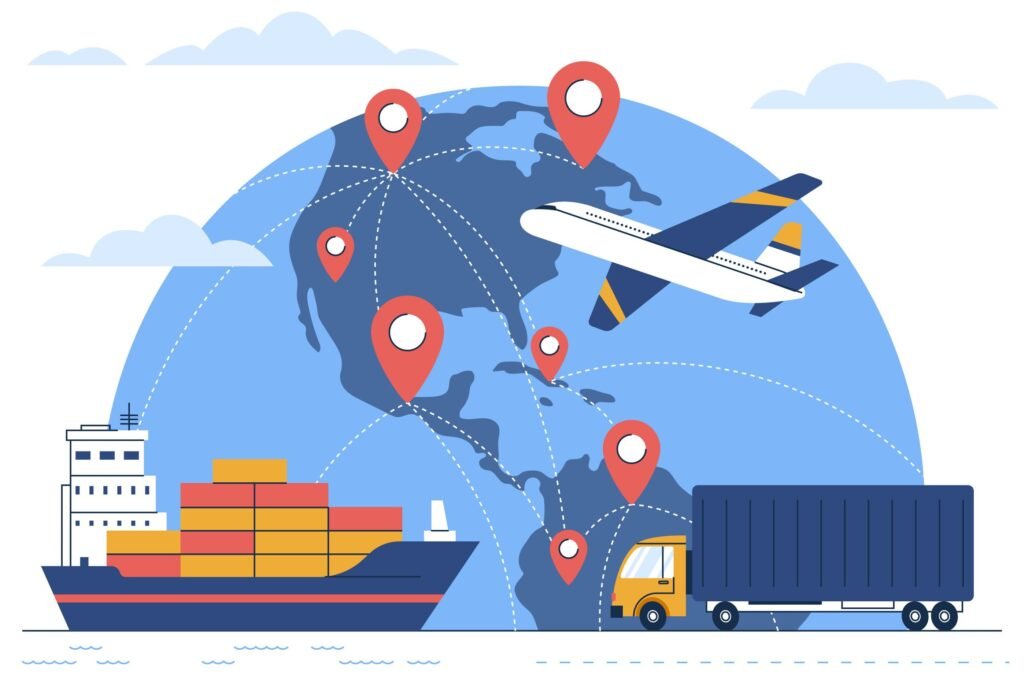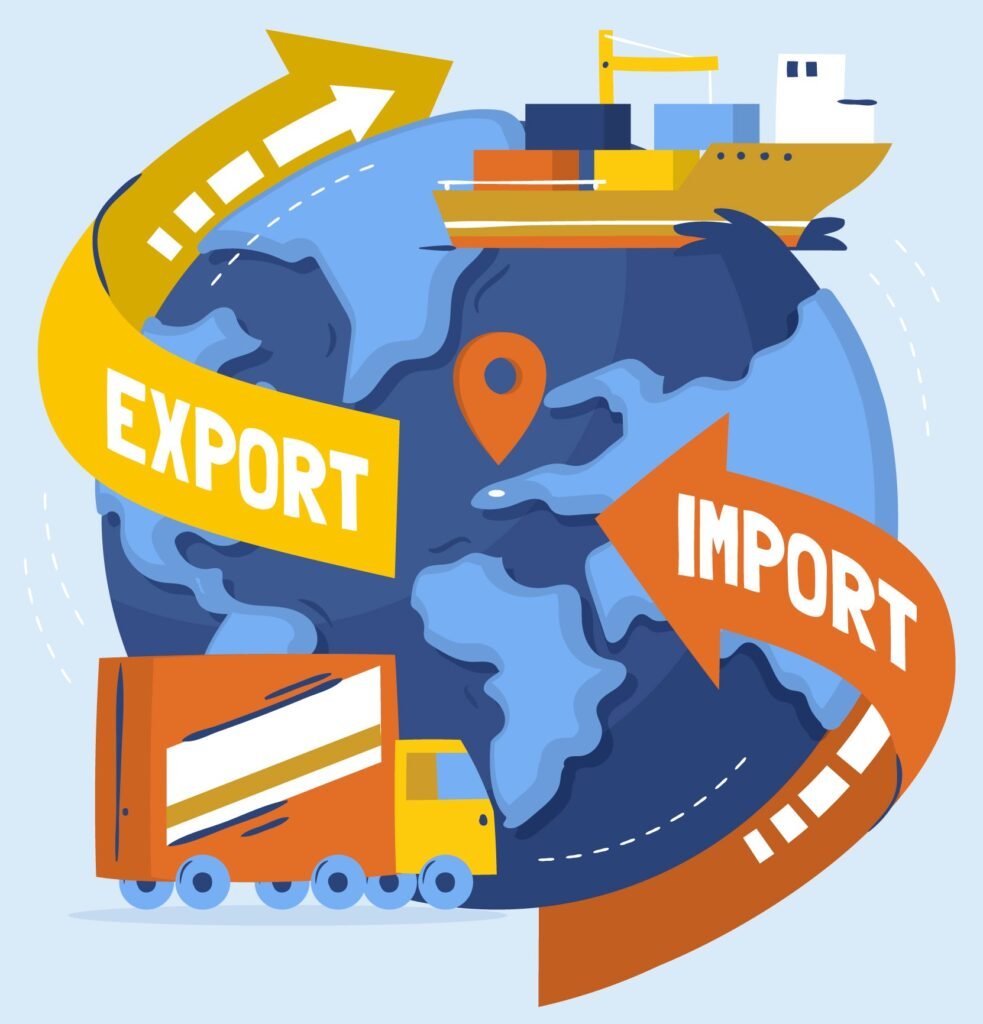INCOTERMS Impact on Contract

Incoterms, or International Commercial Terms, are a set of rules that define the responsibilities of buyers and sellers in international trade. The International Chamber of Commerce (ICC) developed Incoterms to facilitate international transactions. Selecting the appropriate Incoterms is essential for accurate cost estimation in procurement. Here are key considerations and factors to guide your choice:
Cost Implications:
Different Incoterms distribute costs differently between buyers and sellers. Understanding who bears costs for transportation, insurance, and customs clearance is crucial. For instance, terms like DDP (Delivered Duty Paid) place maximum responsibility on the seller, which may lead to higher prices for the buyer due to the seller’s risk management strategies.
Control Over Logistics:
The desired control over the shipping process can influence your choice. If buyers prefer to manage logistics and reduce risks, they might opt for terms like FOB (Free On Board) or FCA (Free Carrier), where they take on more responsibility once goods are loaded onto the transport vessel.

Destination and Origin Characteristics:
Familiarity with customs procedures and logistics in both the exporting and importing countries is vital. If a buyer lacks experience in the destination country, using terms like DAP (Delivered At Place) or DDP can simplify processes by placing more responsibility on the seller.
Risk Management:
Assessing the risk tolerance of both parties is important. If either party is unsure about handling logistics or customs, selecting an Incoterm that minimizes their exposure to these risks is advisable. For example, CIF (Cost, Insurance, and Freight) includes insurance, which can be beneficial for buyers seeking security.
Mutual Trust:
The relationship between the buyer and seller can also play a role. A strong relationship may allow for more flexible terms, while a lack of trust might necessitate stricter terms that protect both parties.
